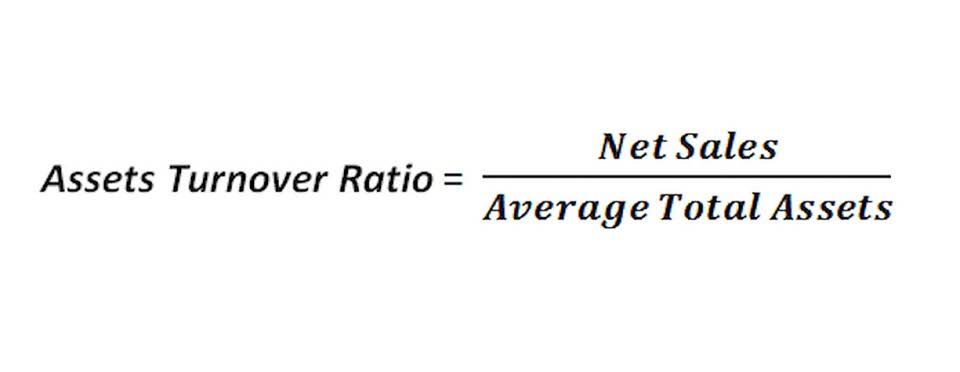
They directly influence metrics for profitability and cash flow, which are key to operational planning and strategic decision-making. Now, let’s say another client agrees to pay you at the end of a six-month project. You’ll provide the consulting services each month without receiving payment, and you’ll record this as accrued revenue.
Both terms refer to advance payments a company receives for products or services that are to be delivered or performed in the future. These payments represent a liability as they reflect the company’s obligation to deliver goods or services to customers at a later date. To report deferred revenue in the balance sheet, it is classified as a short-term or long-term liability, depending on when the goods or services are expected to be delivered. For example, if a company receives rent payments for twelve months in advance, it would initially record the entire amount as deferred revenue. As each month passes and the rent obligation is fulfilled, the deferred revenue account decreases and the revenue is recognized. Deferred revenue, also known as unearned revenue, is the revenue that has been received by a company in advance, for the goods or services being delivered to the customer.
Deferred Revenue and Accrual Accounting
In either case, the company would repay the customer, unless other payment terms were explicitly stated in a signed contract. Revenue recognition principles define when and how a business’s revenue should be recognized. Revenue recognition defines the accounting deferred revenue is classified as period to which a business’s revenue and expenses are attributed. For this reason, companies need to exercise caution when recognizing deferred revenue. Make sure that you manage it transparently and stay compliant with accounting standards.

Deferred revenue plays a crucial role in maintaining accurate financial statements and ensuring compliance with accounting standards. As a liability on the balance sheet, it represents the amount a company has received in advance for goods or services yet to be delivered. Proper reporting and compliance with Generally Accepted Accounting Principles (GAAP) and International Financial Reporting Standards (IFRS) are essential for businesses that deal with deferred revenue. Deferred revenue, also known as unearned revenue or unearned income, refers to the prepayment a company receives for goods or services that have not yet been delivered.
Why Is Deferred Revenue Classified As a Liability?
Use Wafeq to keep all your expenses and revenues on track to run a better business. – Expertise in accounting software, capable of identifying and rectifying discrepancies. – In-depth knowledge of financial statements, with the ability to analyze and offer guidance to both clients and the team. Our financial technology firm is dedicated to lifelong learning, embracing growth, collaboration, and excellence in our work.

